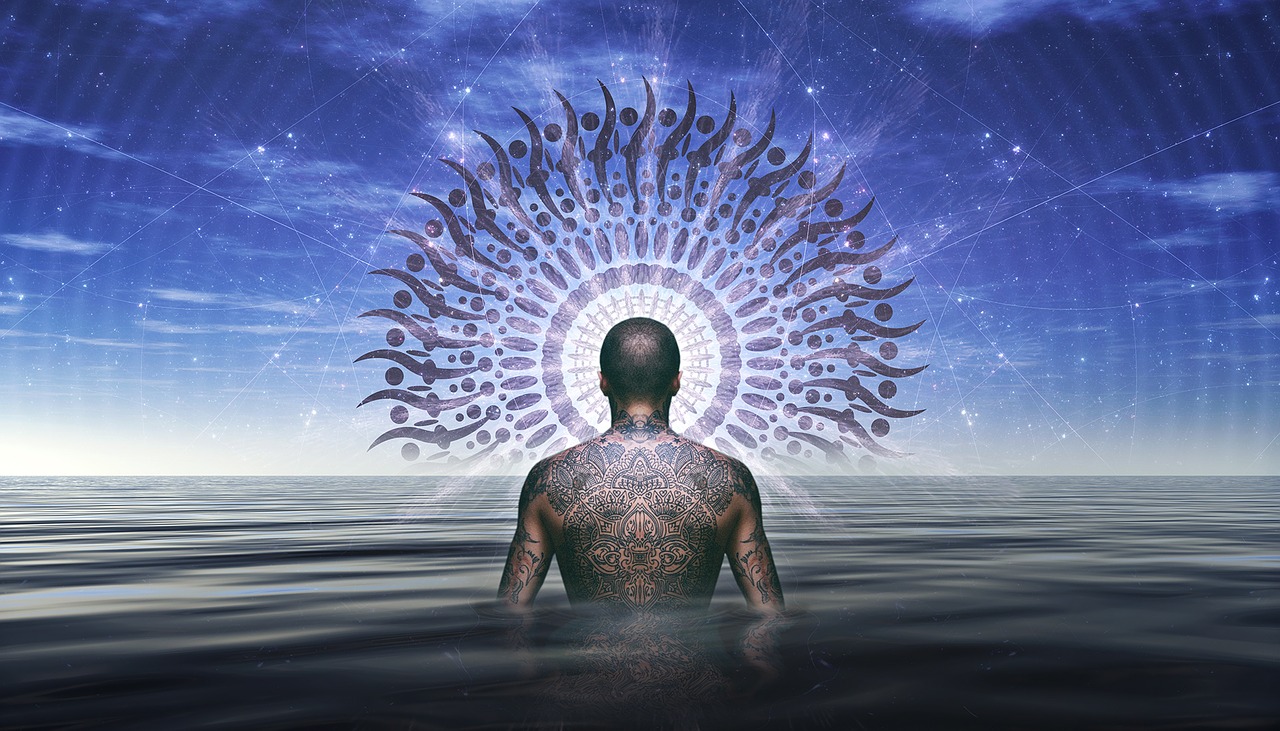
Four hundred years ago, the Christian European culture began overwhelming Native American cultures slaughtering masses and converting survivors. Not surprisingly some descendants of Native American tribes are particularly sensitive about members of Western culture borrowing their spiritual traditions, “playing Indian,” so to speak.
Indeed, for the past several decades, a growing number of Westerners have begun exploring shamanism, usually through the window of these surviving traditional cultures where psychic phenomena is a central theme of life, not an outlier. The interest probably began with Carlos Castaneda’s anthropological adventure tales that blurred the line between non-fiction and fiction, beginning in the late 1960s. It became more real and grounded when Michael Harner published, The Way of the Shaman in 1980.
There’s considerable confusion and disagreement about whether or not those of us in Western culture should pursue shamanism. Some say non-Native Americans are appropriating traditional cultures by exploring this aspect of ‘non-local’ reality. In other words, demeaning it. While shamanism is commonly associated with tribal cultures in some distant mountains, jungle, or desert, actually everyone alive today is a descendant of shamanic practitioners. From the Druidic traditions in the British Isles to the Tungusic people of north Asia to the caves of Galilee in the Middle East, shamanism is the world’s first mystical tradition.
However, it’s more about experience than faith, more about wisdom and self-mastery than belief. It’s about seeking helpful spirit guides, sometimes in the form of power animals. It’s at least 10,000 years old going back beyond the mystery schools of ancient Egypt and classical Greece to hunter-gather cultures.
Surviving traditional cultures have an unbroken link to shamanism, and that’s the reason the interest of Western people in the spiritual tradition has become a point of controversy. While Christian missionaries typically want everyone, no matter what culture, to become Christians, some Native Americans fear the dominant culture will illegitimately change the nature of traditional shamanic practices. Those concerned about the issue tend to see little difference between missionaries, who convert, and outsiders, who appropriate and mimic their ancient practices.
By contrast, Western spiritual seekers—especially those of us with heritage from the British Isles and Europe—are bearers of a broken tradition, whose shamanic roots were abolished by foreign invaders. Ancient sacred sites were destroyed replaced with churches and monasteries. The ancient rituals honoring the Earth and the spirit in all things were banished and replaced by beliefs that emphasized an all-powerful male deity requiring faith and obedience. Because the link to our shamanic heritage was broken, Western people are generally unaware of our connection to the spirit world.
Contrary to cultural concerns about appropriation are shamans from traditional cultures—mostly in South and Central America—who have prophecized in recent decades that shamanism would reach out into Western culture. These shamans, who have trained many of the Western neo-shamans, see this expansion of shamanism as a positive act that ensures continued pursuit of these ancient practices.
In traditional cultures, shamans are considered the spiritual guides for their community. They move between matter and spirit, between form and energy. They are animists—meaning that through their experiences they have become convinced that everything that exists in this world is alive and has a spirit, including the earth, trees and rocks. According to shamans, we are spiritual beings manifested as humans. Our true home is elsewhere; our true essence is non-physical.
In addition, shamans say that these spiritual energies are all interconnected in a vast web of life. So anything that happens to one form of life affects the entire web. That’s similar to India’s net in Hindu mythology. It’s said that one tug on the god India’s net ripples throughout the universe.
This post is adapted from a chapter on shamanism in our forthcoming book in summer 2019 called VISIONS: The Sane Person’s Guide to Common Paranormal Experiences.








Shamanism, spirit contact and individuals who are particularly gifted or sensitive, is common to the human experience, by whatever name. I think the Western desire to rediscover and re-connect with shamanic ways reflects our sense of deep loss or disenfranchisement. What I have seen happen in the past 40 years is the arising of new, contemporary forms of shamanism that also incorporate contemporary psychology, ecology, etc., and I feel very hopeful for this – I don’t think this is appropriation, simply the re-invention of what is intrinsic, and needed, in the human experience, and has been, like our relationship to the Earth, deeply harmed or lost, and is now arising because it is needed.
Cultural appropriation is a touchy subject in today’s ridiculously sensitive PC culture. Back in October there were several news articles admonishing ethnic outfits being sold as Halloween costumes for frivolous entertainment, while others say that imitation is the sincerest form of flattery. It’s a legitimate argument on both sides. Then there is the amusing phenomenon of Nazi paraphernalia as a trendy fashion statement in Asian countries due to cultural ignorance of WW2 history by the strictly controlled education system, producing an example of societal ignorance. There’s really no end to it.
Your new book sounds MOST interest. Great article!